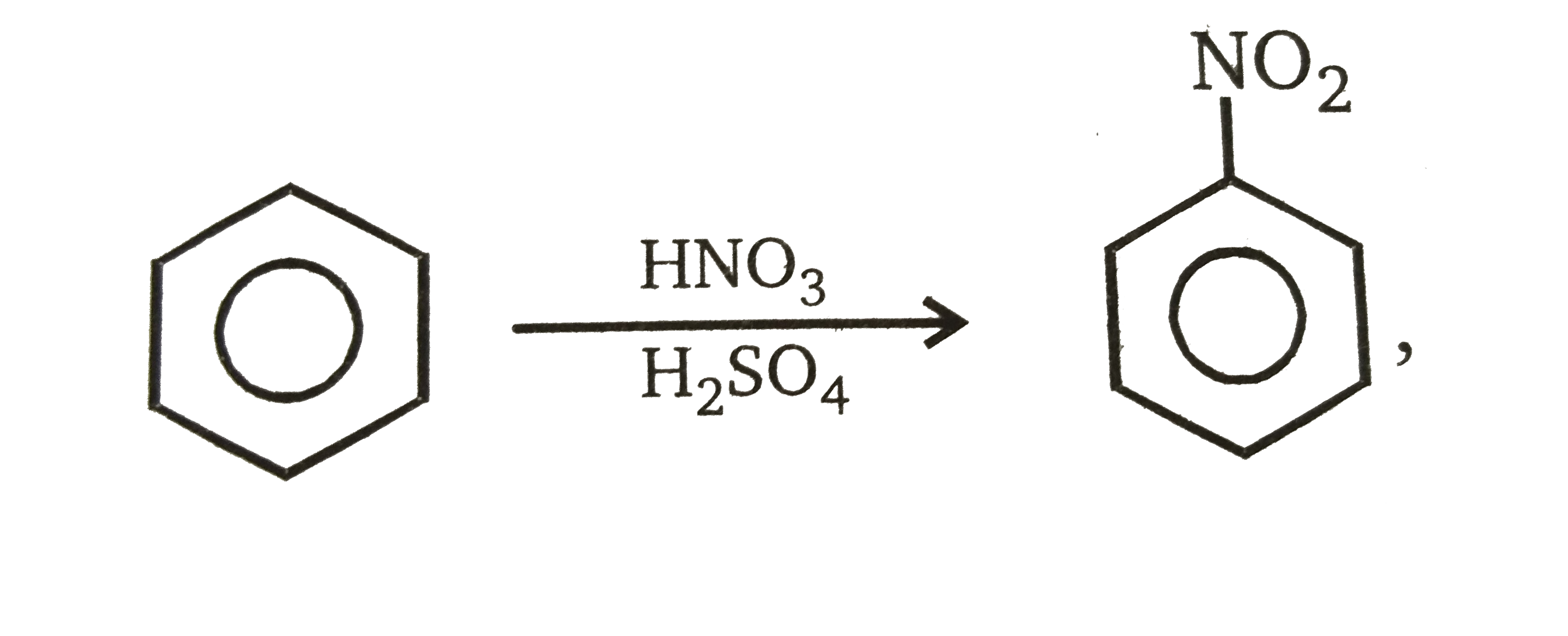The van't Hoff factor i for a compound which undergoes dissociation in one solvent and association in other solvent is respectively.
A
greater than one and greater than one
B
less than one and greater than one
C
less than one and less than one
D
greater than one and less than one
Video Solution
Text Solution
The correct Answer is:D
On dissociation,number of particles increases,thus i>1on association ,number of particles decrease thusi<1.
|
Topper's Solved these Questions
- SOLUTIONSBook:A2ZChapter:SOLUTIONSExercise:AIIMS Questions
Explore 32 Videos
- SOLUTIONSBook:A2ZChapter:SOLUTIONSExercise:Section D - Chapter End Test
Explore 30 Videos
- SOLUTIONSBook:A2ZChapter:SOLUTIONSExercise:Section B - Assertion Reasoning
Explore 16 Videos
- SOLID STATEBook:A2ZChapter:SOLID STATEExercise:Section D - Chapter End Test
Explore 30 Videos
- SURFACE CHEMISTRYBook:A2ZChapter:SURFACE CHEMISTRYExercise:Section D - Chapter End Test
Explore 30 Videos
Similar Questions
Knowledge Check
The van't Hoff factory i for a compound which undergo dissociationin one solvent and association in other solvent is respectively:
Agreater than one and greater than oneBless than one greater than oneCless than one and less than oneDgreater than one and less than oneThe van't Hoff factor I for an electrolyte which undergoes dissociation and association in solvent place as follows
Agreater than one and less then oneBless then one and greater than oneCless then one and less than oneDgreater then one and greater than oneVan't Hoff factor is _____.
Aless than one in case of dissociationBalways more than oneCalways less than oneDless than one in case of association
What is Van't Hoff factor ?
View SolutionWhat is the van't Hoff factor for the compound LiNO3
View SolutionThe Van't Hoff factor for a solute which does not dissociate or associate in solution is
View SolutionIf van't Hoff factor i=1,then
View Solution , van't -Hoff factor (i) for this reaction is:
, van't -Hoff factor (i) for this reaction is:
View Solution